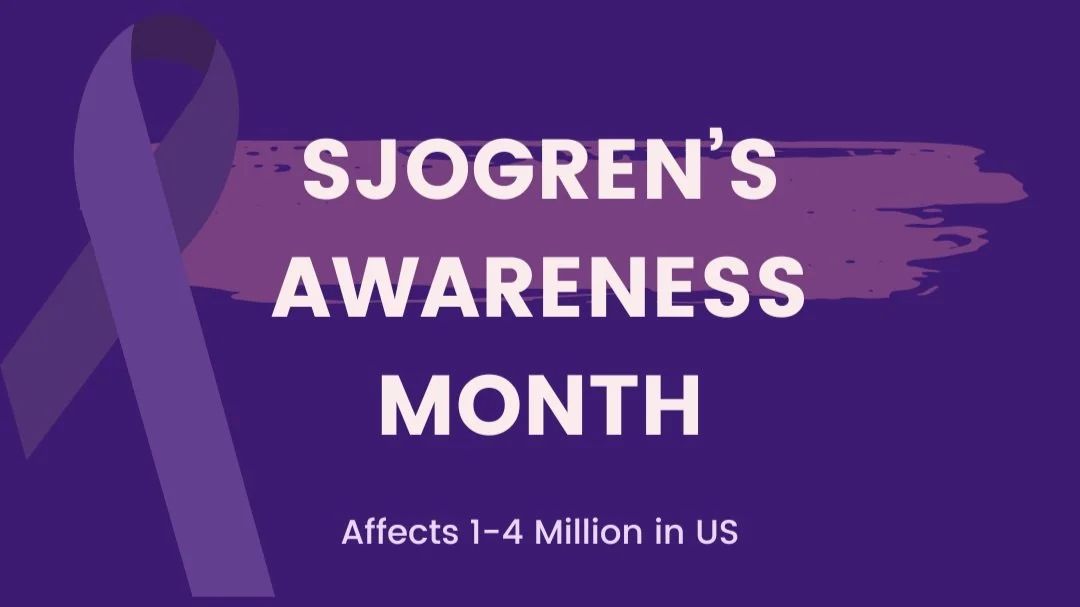Long COVID
Evidence: Unconfirmed
Names
COVID Long-Hauler
Long COVID
Post-Acute Sequelae of COVID-19
PASC
Description
In as many as 50% of cases of COVID-19 infection, the syndrome known as “Long COVID” continues to affect a person for months, even years. Data on this syndrome is mostly anecdotal and unscientific, but some formal research has been completed (citations below).
The symptoms of Long COVID are familiar to many people suffering from autoimmune diseases, including:
Fatigue
An unpredictable flare and remission pattern of recurrence
“Brain fog”, an interruption of memory, attention, and thought processing that can inhibit or prevent a person from performing normal activities
There are additional factors that COVID-19 and Long COVID share with autoimmune disease:
Myocarditis, reported among patients with COVID-19 and, in rare cases, among those who have been vaccinated, is also an autoimmune disease.
Blood clots similar to those found in the autoimmune disease antiphospholipid syndrome have been reported in patients with COVID-19 and Long COVID (though research suggests that the antibody response in Long COVID is not the same as the response found in autoimmune diseases).
High levels of antibodies to the immune-system proteins called type I interferons (IFNs) have been associated with severe COVID-19.
A further factor leading to the inclusion of Long COVID on the list of autoimmune diseases is that evidence shows that severely ill patients tend to have a high concentration of pro-inflammatory cytokines, such as interleukin (IL)-6, compared to those who are moderately ill.
Finally, there are other suspected associations between viral infection and autoimmune diseases. Most well known of these is the Epstein-Barr virus, which can lead to acute autoimmune diseases like Gulliere-Barre syndrome and chronic diseases like lupus.
The Autoimmune Registry has decided to include Long COVID in its list of autoimmune diseases to support research into this emerging chronic condition. We classify the level of evidence as “Unconfirmed”, which indicates that:
The disease follows a pattern common to autoimmune diseases;
Autoimmunity has not been ruled out; and
More study is needed.
Patient Groups
Bloggers
Prevalence
US Cases: Estimated rates from 10% to 50% of cases would lead to an estimate of 5 million to 25 million cases, depending on whether 3 or 6 months of symptoms are necessary to diagnose Long COVID [Hirschtick 2021].
Typical Age of onset
Any age
Symptoms
Often does not cause any symptoms but when it does, the symptoms are similar to pancreatic cancer.
Fatigue
Diarrhea
Pale/loose/fatty stools that do not flush easily
Nausea and vomiting
Shortness of breath
Unexplained weight loss
Excessive thirst
References
Famous People
MedRxIV (Prevalence of Long COVID)
Cardiovascular Diabetology (Reports of blood clot disorders)
Frontiers in Microbiology (Risk Factors)
Trends in Molecular Medicine (comparing Long COVID to Fibromyalgia)
International Journal on General Medicine (Autoimmune disease a risk factor for Long COVID)
Alyssa Milano (actress) Brandon Sutter (hockey player)
Profile by: Aaron Abend
Updated Dec. 2022












